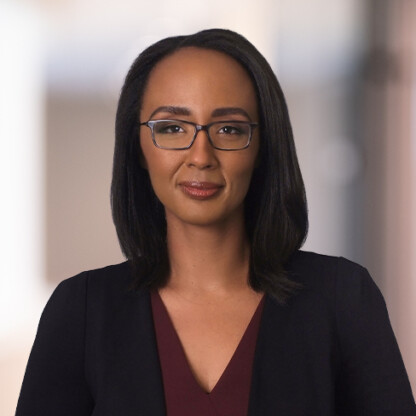Foley Heritage Month Program: Asian American Experience in the Workplace and Beyond

In honor of Asian American and Pacific Islander Heritage Month, Foley invited all firm members to attend a virtual program on May 25 featuring Jerry Won, Founder & CEO of Just Like Media, an Asian American storytelling company. Won aims to create a safe space to explore the Asian American experience – both in and outside of work – through storytelling and data.
He began this candid conversation with a look back at his family’s origin story in Korea and the sacrifices made by his grandparents and parents in leaving what was at the time a poor post-war country and immigrating to America. Coming from a country that had been under Japanese rule until WWII and moving to a Korean community in California where the 1992 LA Riots took place, Won said he was taught that Japanese people were bad and that some people with darker skin were not trustworthy. “I still have to check myself on these preconceptions, and I teach my kids not to have these biases.”
Won acknowledges that this is something we can never fully master, but sees storytelling as a means to get to know and develop empathy for people from different backgrounds. The story of the Asian American experience, he explained, requires a nuanced understanding of why different groups came to America, as well as generational, income, geographic differences. Many from South and East Asia came for educational opportunities when the United States opened its borders to highly skilled professionals while many from Southeast Asia came as a result of war and did not start with the same opportunities.
The model minority myth that all Asian Americans are rich and successful in an unfair comparison that pits us against other minority groups that did not start with the same deck of cards,” Won explained.
Poor Asian people exist as well, but do not have the voice enjoyed by those who started from a place of privilege. One way Won speaks up for them is by sharing data, such as the gaps in upward mobility and gender pay experienced by Asian groups, and encouraging employers to have challenging conversations about identity in the workplace.
According to Won, a good place to start is by speaking up when we hear micro-aggressions directed at people with the least amount of privilege. “When someone asks me where I’m really from, and I say Los Angeles, I can tell by their frustration that’s not good enough,” Won said. “There’s no ill intent, but it makes us feel less than.” If you encounter someone in the workplace asking the woman in the meeting to take notes or the Asian person to fix their computer, for example, please speak up.
“Asia is 48 countries, and it’s difficult to capture what Asian American looks like, but that doesn’t exclude us from trying to be inclusive,” Won said. “It’s a narrative I feel like we have to continue to share so we can have a different conversation about what it means to be Asian American in this country.”
This program was presented by Foley’s Asian, Pacific, and Middle Eastern Attorneys Affinity Group. Click here to learn more about Diversity & Inclusion at the firm.
Author(s)

Alexis P. Robertson
Director of Diversity, Equity, & Inclusion
[email protected]